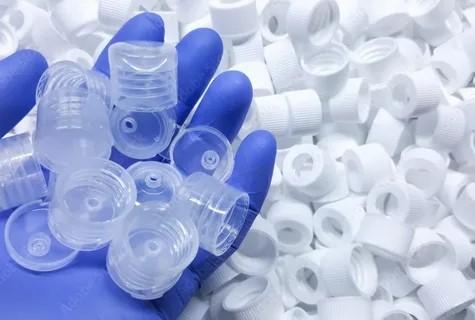[Herald Interview] Daewoong Pet targets health-conscious pet owners
![[Herald Interview] Daewoong Pet targets health-conscious pet owners [Herald Interview] Daewoong Pet targets health-conscious pet owners](https://res.heraldm.com/new_201209/herald_h.jpg)

Daewoong Pet co-CEO Lee Hyo-jun speaks during an interview with The Korea Herald at the company’s headquarters in southern Seoul, Jan. 12. (Lee Sang-sub/The Korea Herald)
Daewoong Pet, the pet health care arm of Daewoong Pharmaceutical, seeks to gain growth momentum by launching veterinary drugs and securing patent exclusivity as the need for veterinary care continues to surge amid an aging pet population.
The firm’s main aim is to develop and introduce drugs with the proper dosage and formulation for pets, with a particular focus on senior pets, which increasingly require health care services, Daewoong Pet co-CEO Lee Hyo-jun said.
“Many veterinary hospitals still use medicines for humans to treat animals. But this may cause a medication error, particularly in the process of (determining the correct) dosage,” Lee said during a recent interview with The Korea Herald.
The number of senior pets has been increasing over the past few years as a wide range of health care services have improved the animals’ average life expectancy. Pet owners are also gaining a greater understanding and awareness of pet health needs, which has led to a higher rate of vaccination and improved nutrition.
“The greatest concern among pet owners is their pet’s health. Many pet owners, particularly the owners whose pets are over 10 years old, have expressed concerns over their pet’s health and health care expenses,” Lee said.
In Korea, there are about 5 million dogs and 3 million cats, and roughly 20 percent, or 1.5 million, of them are believed to be over 10 years old, he said.
Daewoong Pet is currently developing four new veterinary drugs. One of the four new drug candidates is a diabetes treatment, developed from Daewoong Pharmaceutical’s SGLT-2 inhibitor-based diabetes treatment, Envlo. Envlo is also the 36th domestic new drug. The company currently plans to launch the pet drug as early as next year.
The company is also developing two atopic dermatitis treatments, one of which will be tested in a phase 3 clinical trial this year.
Daewoong Pet is close to launching a hepatic protector, also developed based on the pharmaceutical company’s flagship product Ursa, Lee added.
“When veterinary drugs are developed and patented, they can enjoy market exclusivity longer than human drugs because their clinical trials take shorter than human drugs,” Lee said, adding that the exclusivity helps the company secure stable revenue sources.
In terms of human drugs, the development and clinical trial stages often take so much time that drug developers are left with too brief a period of market exclusivity.
For the new drugs’ success in the local market, however, several issues need to be solved, including the country’s low pet registration rate and the low penetration of pet insurance.
Pet registration is important for the insurance market to grow, Lee said. “Let’s say there is a pet owner, who raises four pets of the same breed. The pet owner can currently get a pet insurance plan and use the same plan for all four pets and go unchecked as they are not properly registered. For this reason, many pet insurance plans have posted high loss rates and failed.”
Because the Yoon Suk Yeol administration has pledged to expand the pet insurance market, Lee said he hopes that related policies will be introduced soon so that more pets are registered so that they can receive health care benefits.
“Last year, insurance plan sales doubled, but only around 1 percent (of around 8 million pets) are insured,” Lee said. “The market will grow exponentially when the number of insured pets increases.”
Lee also stressed the need to standardize medical services provided to pets. Currently, each veterinary clinic offers similar services under different names and costs in the absence of regulations.
While waiting for the government to roll out new policies involving pet registration and insurance, Daewoong Pet is also preparing to launch supplements for pets in overseas markets, including Thailand and Japan.
“We aim to expand our presence in global markets and generate up to 30 percent of sales from overseas markets in the future,” he said.
By Shim Woo-hyun ([email protected])
link






